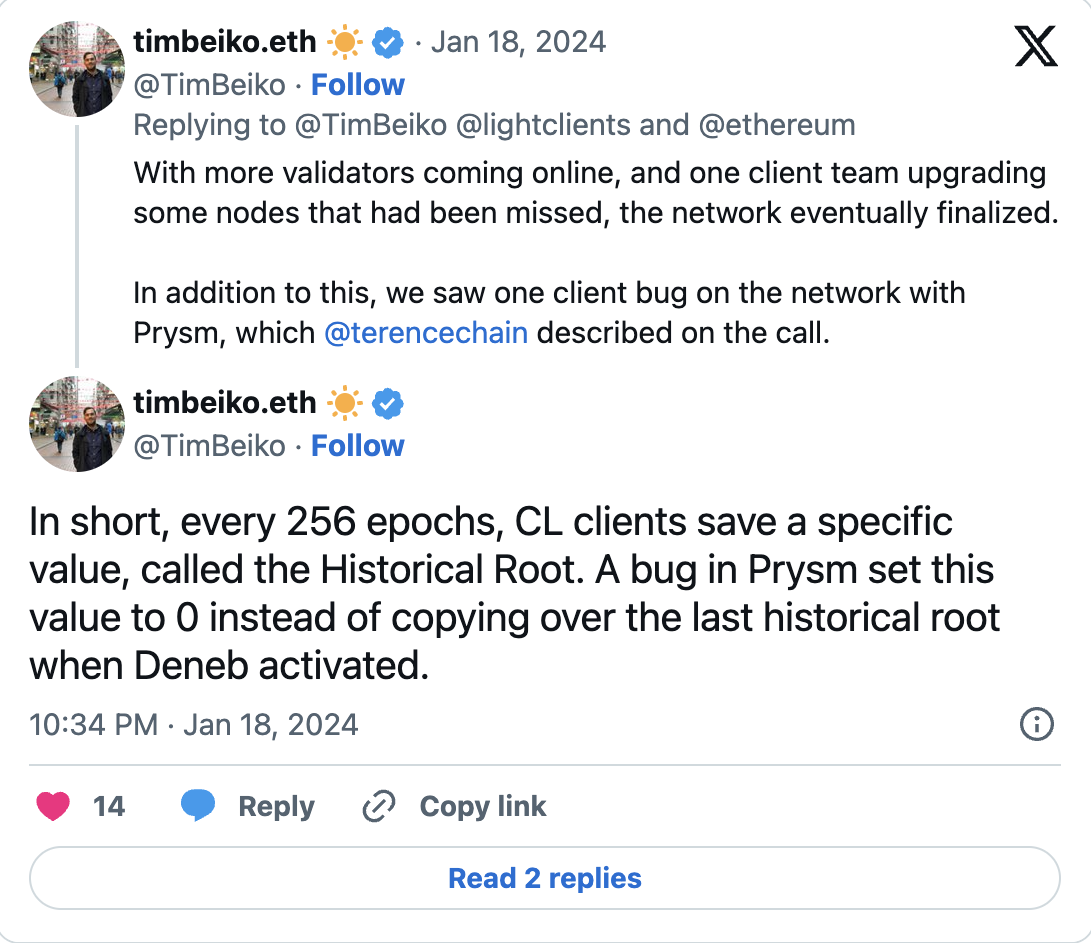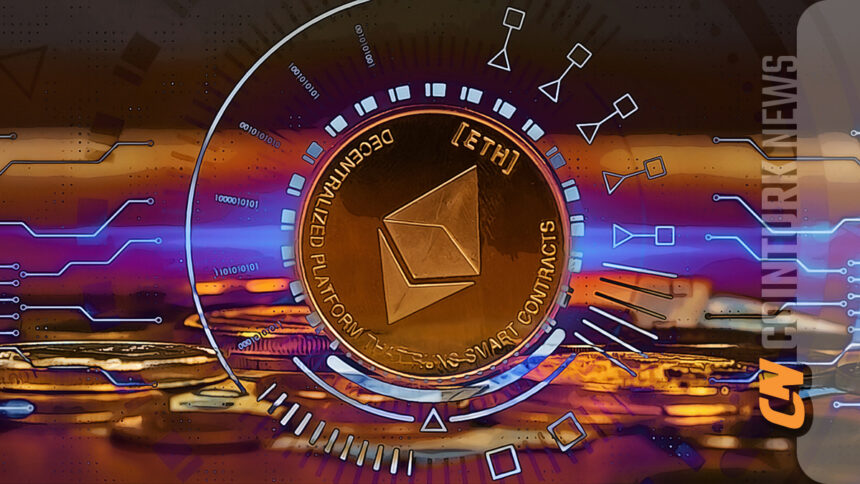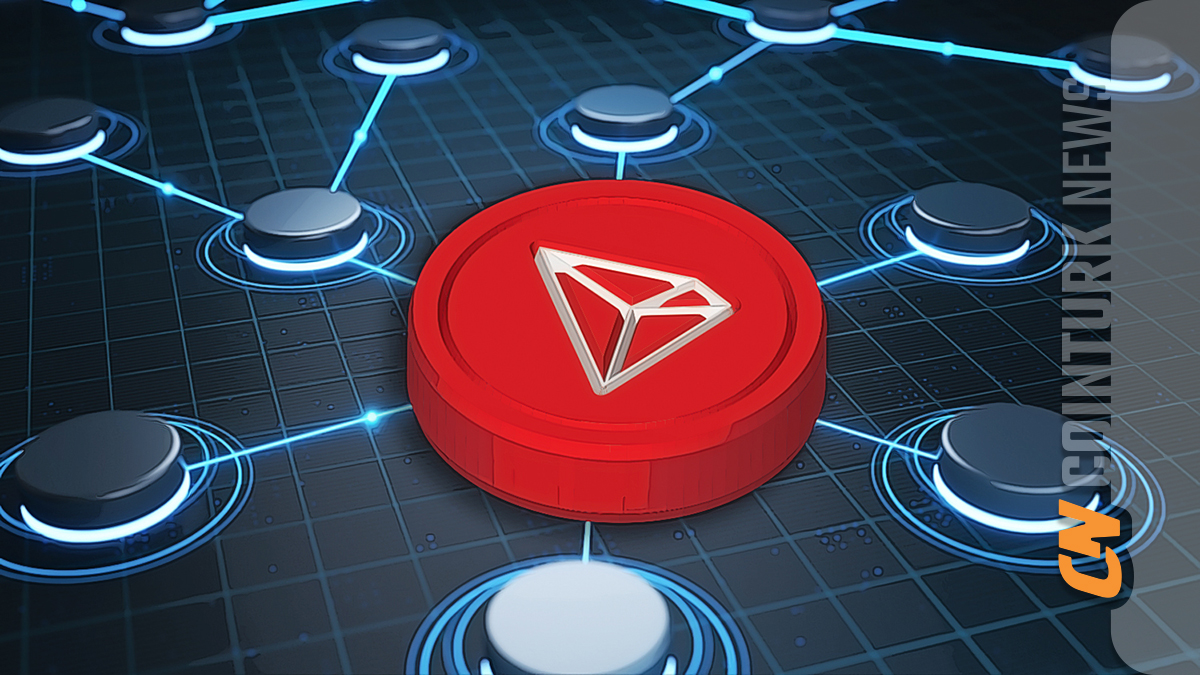The Ethereum ecosystem is approaching significantly lower gas fees and higher transaction speeds for Layer-2 layers as the Dencun upgrade reaches the network’s three test networks in early 2024. The Dencun network upgrade was activated on the Goerli test network on January 17 and introduced several Ethereum Improvement Proposals (EIPs). Notably, EIP-4844 enables the proto-danksharding mechanism, a highly anticipated development launched to reduce Layer-2 transaction fees.
Noteworthy Statements for Dencun
The inclusion of Dencun on the Goerli network experienced a four-hour delay due to an error that prevented the test network from completing the upgrade. Nebojsa Urosevic, co-founder of the Ethereum development platform Tenderly, explained the details of the error:
“A bug in Ethereum’s proof-of-stake client Prysm prevented the network nodes from synchronizing.”
The co-founder of Tenderly, who also serves as the Senior Vice President of Engineering, explained that synchronization delays in upgrades are common, and this situation allowed the error to be identified and corrected in time:
“One of the reasons for having multiple proof-of-stake mechanisms and test networks is this.”
Ethereum Foundation protocol lead Tim Beiko also shared a briefing note from the All Core Developers Execution Call held on January 18, which outlined the issues. Historical roots is an old mechanism used by Ethereum’s Beacon Chain to manage the computational load of the blockchain’s state.

As summarized by Beiko, the error was related to Ethereum’s proof-of-stake client Prysm setting the historical roots value to 0, which prevented the Goerli test network from completing the Dencun upgrade.
Details on the Dencun Upgrade
As stated in the official Ethereum blog, Dencun includes 9 different EIPs. Urosevic highlighted proto-danksharding and blob transactions as the most anticipated among the EIPs:
“Proto-danksharding is a significant step towards advanced Ethereum scalability by using transactions that carry blobs instead of calldata.”
Urosevic explains that data blobs will increase storage efficiency by making transaction data available in a “compressed” format temporarily. He also adds that they are more cost-effective compared to call data and could potentially reduce costs by 80 to 90 percent.
Following the successful implementation in Goerli, the Dencun upgrade is next in line for the Sepolia and Holesky test networks. Urosevic notes that a successful deployment in all three test networks is necessary before plans for Ethereum’s mainnet upgrade are made.

 Türkçe
Türkçe Español
Español










